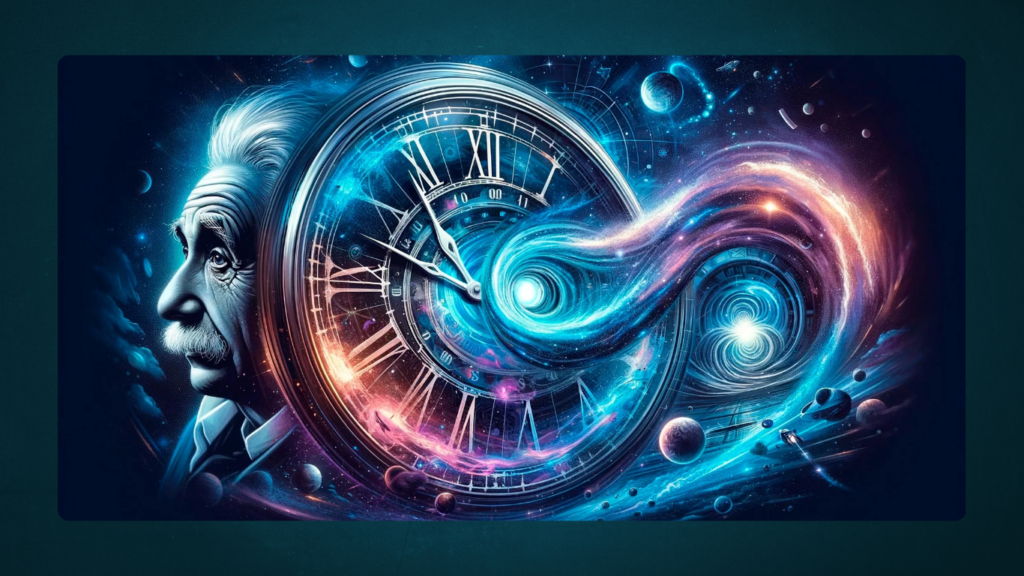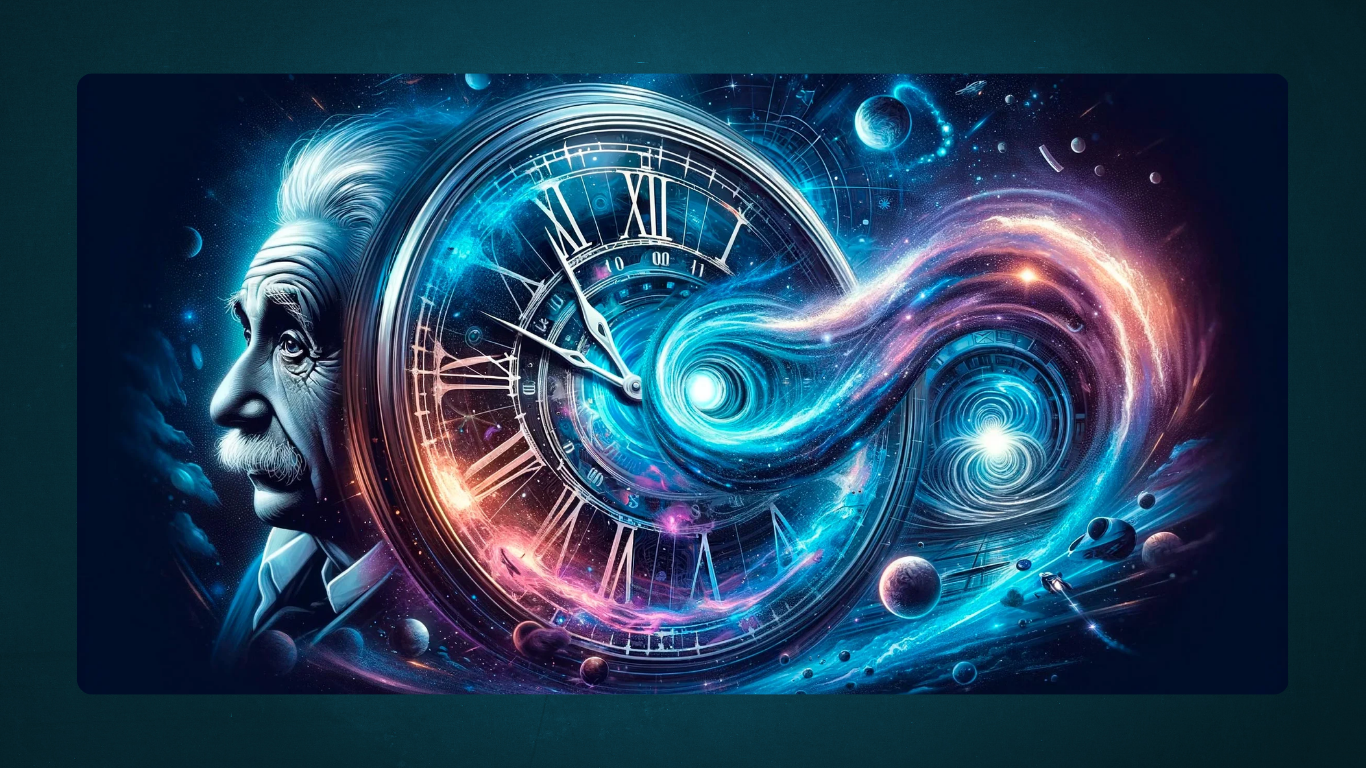Life is like a roll of toilet paper—plenty at the beginning, but it seems to run out faster as you near the end.
We encounter a young adult who’s just graduated from university, a person we remember as a baby, born not long after 9/11—a key event in our lives but merely history to them. And suddenly, you can’t help but ask: where did those nearly 25 years go?
We check today’s date and wonder how the year passed in a blink. April feels like it was yesterday. It’s as if time picks up speed the older we get.

But when we were younger, things felt different. Take those teenage years, for instance—dreaming at 14 about getting a driver’s license, those two years and nine months felt like forever. Meanwhile, our parents would fret about how fast Christmas was coming. For us, the holiday seemed far, far off.
Of course, time itself doesn’t change as we age, but our perception of it does.
Physicists have long debated the nature of time, while storytellers love to play with it, especially the idea of traveling back or forward along its path. Psychologists, on the other hand, have studied why time seems to pass more quickly as we age and often attribute this shift to memory.
Memory is what gives time its structure. A child, packed with different activities in a day, will remember that time as longer, filled with vivid markers. Adults, going through routine days, experience time as fleeting because fewer things stand out.
That’s why two weeks traveling in a new place—soaking in fresh sights and experiences—feels much longer than two weeks spent commuting to the same office, following the same routine. By the end of your first day in, say, Tokyo, it feels hard to believe that just the day before, you were in a cab on your way to the airport in Sydney. Travel, in this sense, creates the illusion that time slows down—and that’s part of its addictive allure.
Duke University researcher Adrian Bejan adds another layer: visual stimuli. Children, who are constantly bombarded with new visuals, experience time differently because their brains are working hard to process all that new information. As we grow older, much of what we see becomes familiar, and Bejan says this is why time appears to speed up.
We’re often reminded that time is our most valuable resource. We’re told not to waste it, to stay present, and not to dwell on the past or stress about the future. We’re encouraged to savor life, to stop and smell the roses.
Let me share an experience that adds to this.
Years ago, we found ourselves in Pokhara, Nepal. Our hotel was on the other side of the lake, high up on a ridge. After a boat ride across, we faced a steep, exhausting climb to reach it. Laden with our luggage and dripping with sweat, we slowly made our way up. Midway, I had to stop to change into shorts, completely overheated, while local Nepalese passed us, smiling and almost floating up the path, unfazed by the effort.
After three grueling hours, we finally arrived at the hotel. The receptionist, looking puzzled, said, “You know, you could have taken a taxi. It’s only a five-minute drive.”
We laughed, saying, “We’re glad we made the climb.” The views from the top were stunning, worth every drop of sweat. But more than that, the effort gave us something extra: time. We had slowed down, savoring each moment of the journey, and in doing so, stretched those minutes into something richer. Sitting on the terrace afterward, sipping a cold Everest beer and gazing at the Himalayas, we realized the climb itself was the reward.
In life, it’s not always necessary to take the hard route, but sometimes, slowing down allows you to reclaim time. It gives those fleeting moments weight, turning them into memories that last.

Subtly charming pop culture geek. Amateur analyst. Freelance tv buff. Coffee lover
